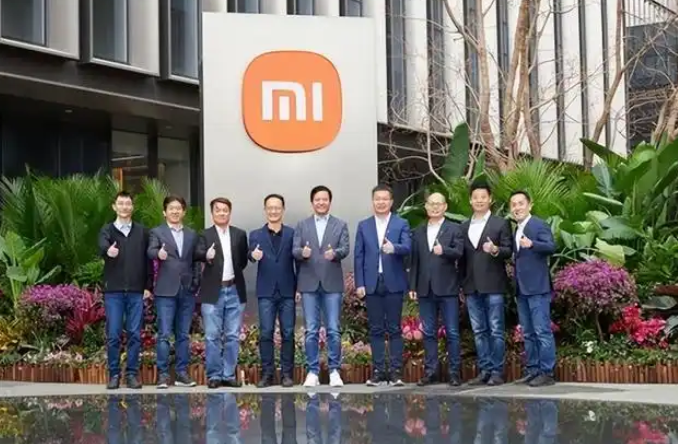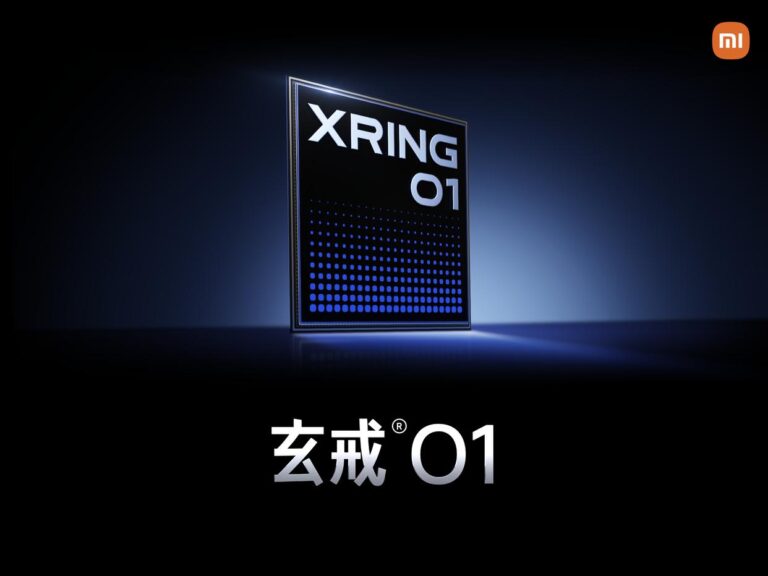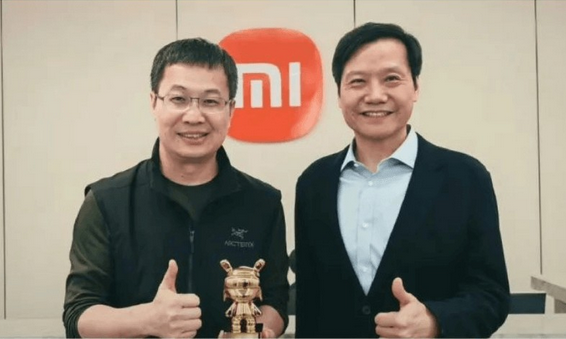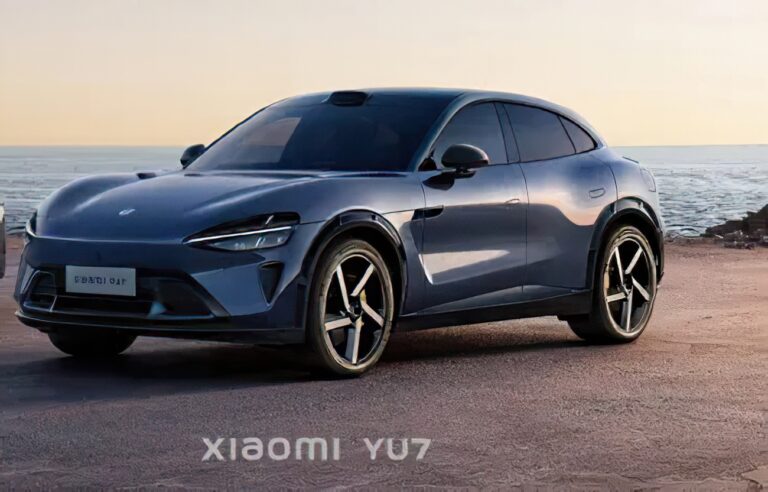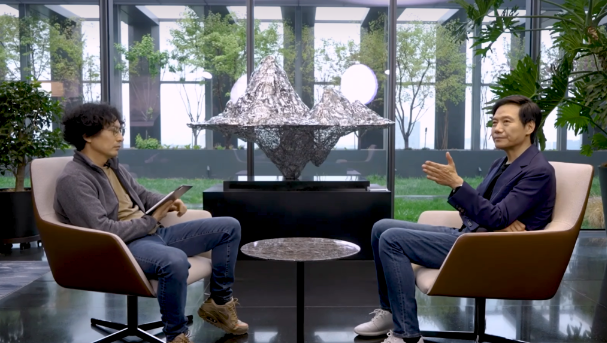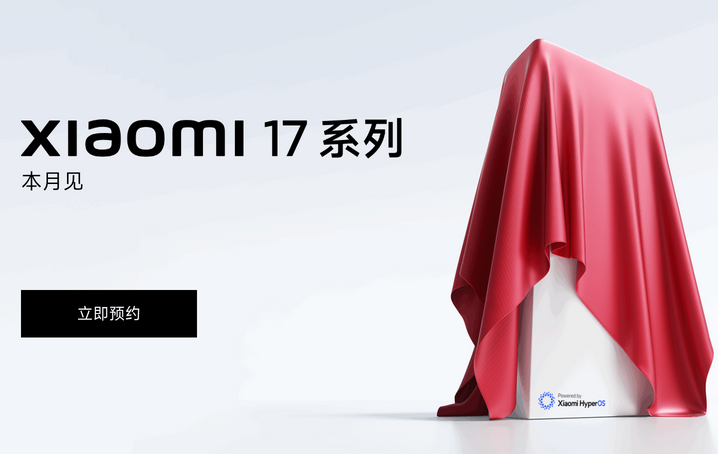How Powerful Is Lei Jun’s Xiaomi Factory? A Car Rolls Off Every 76 Seconds
This Xiaomi EV Factory article is based on first-hand reporting by journalists from the China Development and Reform News, conducted during the “Vibrant China Research Tour.” During the visit, Xiaomi founder Lei Jun praised Beijing’s supportive business environment and policies, calling them a key driver of Xiaomi’s rapid growth. He expressed sincere gratitude for the city’s fertile ground for innovation.
In Beijing’s Yizhuang Economic and Technological Development Zone, a super factory with a low-profile exterior but a powerful core is quietly reshaping perceptions of “car manufacturing.”
This is Xiaomi Auto’s core production base and the “smart manufacturing model” into which Lei Jun has poured his heart and soul.
Since construction began in 2024, this 720,000-square-meter Xiaomi EV Factory has become a new technological landmark for Beijing’s next-generation manufacturing industry, quietly driving a new wave of industrial tourism in China.
From Latecomer to Manufacturing Benchmark
“Although we started late, we must stand at the forefront of technology from the very beginning.” This was Lei Jun’s declaration during an internal factory speech. In 2023, Xiaomi officially launched its first electric vehicle, the SU7, achieving a record-breaking 100,000 units off the production line within 230 days — setting a new speed record for new Chinese automotive brands.

Behind this achievement lies Xiaomi’s deep investment in manufacturing. In 2025 alone, Xiaomi is expected to invest 30 billion RMB in R&D, with an additional 200 billion RMB planned over the next five years to support comprehensive development in chips, smart hardware, and the automotive supply chain. Lei Jun emphasizes: “Technology is our only way to break through. Building our own factory is not just about making cars, but about controlling core quality and rhythm.”
The Factory: More Than a Production Line, It’s a Brand Expression

Entering the Xiaomi super factory, one is greeted not by traditional industrial gray, but by impeccably clean automated production lines. From stamping to die casting to battery assembly, six major workshops coordinate over 700 robots working together, with more than 200 critical processes fully automated, compressing the vehicle production cycle to a new car every 76 seconds.

In the die casting workshop, a 9,100-ton locking force integrated die casting machine can form a rear floor panel in just 100 seconds, replacing the traditional process involving 72 components and 840 weld points. This not only greatly improves manufacturing efficiency but also lays the foundation for integrated vehicle structure.
The logistics system is equally “high-tech” — AMR smart robots autonomously plan routes using LiDAR as they freely roam the workshops, playing music while working, earning the nickname “the happiest workers.” These scenes are not just a display of production technology, but a reflection of what Lei Jun calls “Xiaomi’s manufacturing aesthetics.”

Manufacturing as Part of the Experience
Lei Jun once said on Weibo: “Manufacturing capability is not a backstage, but the way we convey trust to consumers.” This is the original intention behind opening the super factory as a demonstration site for industrial tourism.
By June 2025, the factory had welcomed over 90,000 visitors. Guests can tour the workshops, test-drive real vehicles, and even visit the Xiaomi canteen to try popular snacks like yogurt mahua. This visualization of the manufacturing process not only enhances consumer brand recognition but also transforms “cold technical data” into a “tangible quality promise.”

In the factory showroom, a Xiaomi YU7’s body frame is segmented into six different material zones, allowing visitors to physically feel the difference between ultra-high strength steel and aluminum alloy — as factory political commissar Ma Lan puts it, “We use analogies, animations, and touch to make technology understandable.”
Lei Jun’s Manufacturing Philosophy: A Hardcore Path from ‘Catching Up’ to ‘Surpassing’
At the start of Xiaomi’s car-making journey, Lei Jun stated: “We want to bring pride to Chinese industrial manufacturing.” Today, this super factory is not only the birthplace of the SU7 but also the physical embodiment of his manufacturing philosophy. It is not merely Xiaomi’s “workshop,” but a crucial node in Lei Jun’s transition from “internet thinking” to “manufacturing spirit.”

Industry is no longer behind the scenes; it steps into the spotlight as part of the brand story. Lei Jun is not just making cars, but building a “manufacturing community” where users can participate, experience, and perceive.

Lei Jun believes that the ultimate goal of technology is user experience, and intelligent manufacturing is the bridge to that destination. This super factory is the tangible version of his dream for “technology with warmth.” Whether Xiaomi can leverage this factory to become a global manufacturing benchmark remains to be seen.

